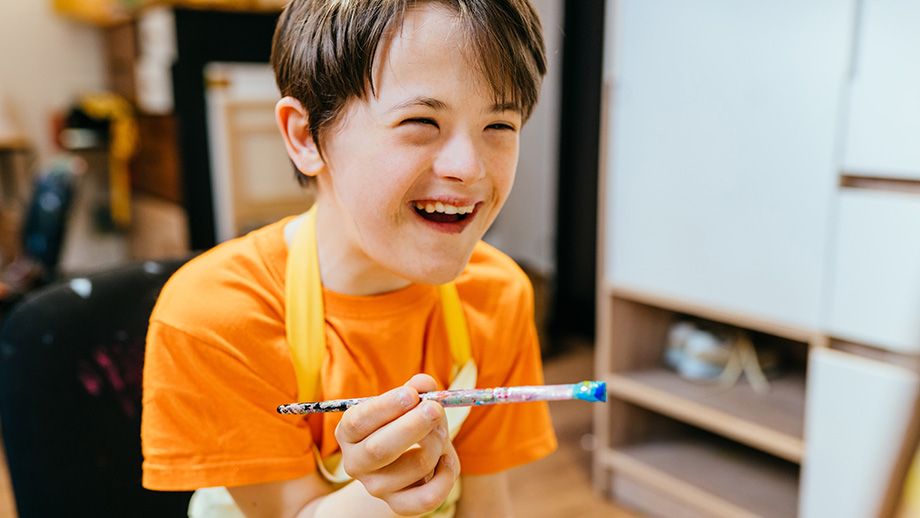
On March 23, 2023, a conference of Hope and Homes for Children – Bulgaria (HHC) took place entitled "Eleven years in support of children and families". The conference reviewed the achievements of the organization and presented models of joint work with all stakeholders. Important topics were discussed, including with representatives of the Know-How Centre for Alternative Care for Children, on foster care, alternatives for independent living and sustainable interaction with business.
During the conference the results of the re-assessments of the children in the remaining four homes for medical and social care for children (HMSCC) in the cities of Kardzhali, Pleven, Varna and Stara Zagora were presented in connection with the project "Continuing support for deinstitutionalization of children and youth", implemented by the Agency for Social Assistance (ASA). The HHC teams, together with the ASA project teams, have carried out assessments of a total of 197 children.
The important findings presented are the following:
With the exception of five children who are in good general condition and can be placed immediately in foster families, the rest have different types and degrees of disabilities. However, in the opinion of the team they can be raised in foster families profiled for children with disabilities. At the same time, there is a shortage of foster families approved for this purpose. Therefore, the larger number of children can be temporarily placed in Family Type Residential Care for Children and Young People with Disabilities in order to better access them by the HHC teams and the social service providers in the country so that the children are prepared in the best possible way for placement in foster care. In parallel, foster carers should be prepared and supported to care for these children.
When a Child Protection Unit (CPU) sends out an enquiry across the country looking for available places in family-type placement centres for children and young people with disabilities, it receives a negative response, i.e. that there are no places available. This happens for the following reasons:
There is ample information that many foster families would be willing to accept a child with a disability. To this end, it is necessary to move towards changing their profile and planning relevant training. Very often, however, these foster families encounter resistance from the OA. On the other hand, district foster care teams report that they are not prepared to carry out such specialized training for the care of a child with disabilities.
1. Assistance from the ASA to place children with disabilities in the available places in the CCTDMUs in the country.
2. Assistance under "Adopt Me 2015" for:
3. Assistance from the Ministry of Health to carry out the overall process of removing children from day-care centers, according to their needs assessment, and accelerating the process of building, equipping, selecting and training staff for the launch of the planned permanent medical care centers in the country.
4. Impose a moratorium on placements in the Kardzhali NICU to allow it to be closed in line with the NPA plan by 2023.